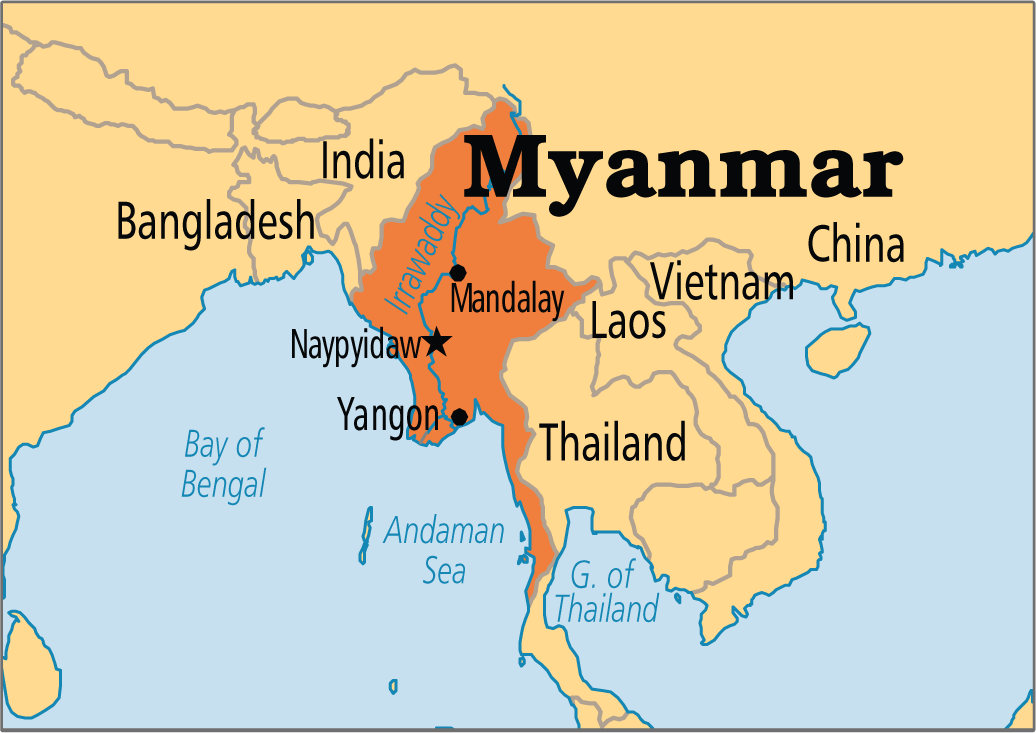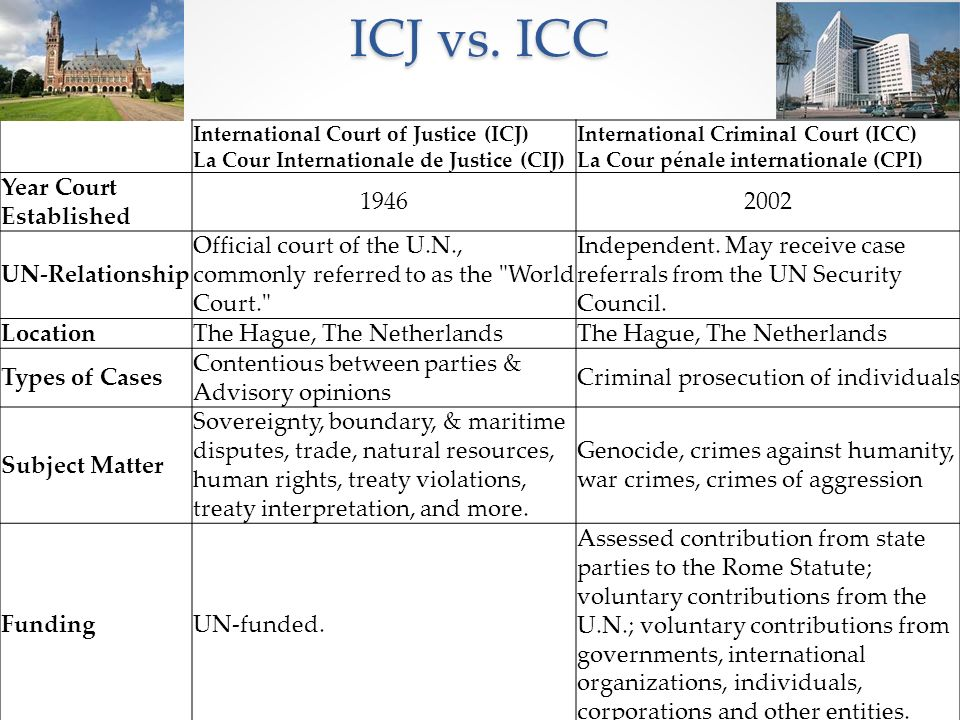International Relations
Ongoing Issues in Myanmar
- 20 Apr 2023
- 6 min read
For Prelims: International Court of Justice (ICJ), International Court of Justice (ICJ), Rohingya, United Nations General Assembly.
For Mains: Issues in Indian Neighbourhood, International Genocide Convention, Refugee Crisis.
Why in News?
The International Court of Justice (ICJ) recently rejected Myanmar junta's appeal for a 10-month reprieve to file a counter-memorial in response to the case accusing Myanmar of breaching the International Genocide Convention.
- The case pertains to the atrocities committed by the Myanmar military during the "clearing" operations in 2017 in Rakhine state, resulting in displacement of Rohingya people.
What Led to Instability in Myanmar?
- Background - The country gained independence from Britain in 1948. It was ruled by the armed forces from 1962 until 2011, when a new government began ushering in a return to civilian rule.
- In the 2010s, the military regime decided to transition the country towards democracy. Although the armed forces remained powerful, political opponents were freed and elections were allowed to be held.
- The National League for Democracy won the 2015 election, the country’s first free and fair election participated by multiple parties, and formed the government, raising hopes that the country is on its way to full transition to democracy.
- Military Coup:
- In the November 2020 parliamentary election, NLD secured the majority of the seats.
- In the Myanmars’ Parliament, the military holds 25% of the total seats according to the 2008 military-drafted constitution and several key ministerial positions are also reserved for military appointees.
- When the newly elected Myanmar lawmakers were to hold the first session of Parliament in 2021, the military imposed a state of emergency for one year citing massive voting fraud in the parliamentary elections.
- Associated Issues Highlighted by UN:
- Despite clear legal obligations for the military to protect civilians in the conduct of hostilities, there has been consistent disregard for the related rules of international law.
- Myanmar’s economy has collapsed with nearly half of the population now living below the poverty line.
- Since the coup was launched, the military has imprisoned the democratically elected leadership of the country and, in subsequent months, detained over 16,000 others.
- The Rohingya Issue:
- On August 25, 2017, an outbreak of violence in Myanmar’s Rakhine State forced hundreds of thousands of Rohingya people to flee their homes.
- The Rohingya community has also been cut off from the pro-democracy movement in Myanmar.
- Over the years, the pro-democracy movement in Myanmar has faced various challenges, including restrictions on freedom of speech and assembly, arbitrary arrests and detentions, censorship, and violence.
- In January 2020, the UN's top court (ICJ) ordered the Myanmar to take measures to protect members of its Rohingya community from genocide.
What is India’s Stand on Myanmar Issue?
- In recent years, India has expressed concerns over the human rights situation in Myanmar, particularly with regards to the Rohingya crisis.
- India has called for peaceful resolution of the issue, respect for human rights, and accountability for those responsible for human rights violations.
- Though India has expressed deep concern over recent developments in Myanmar, cutting off from the Myanmar military is not a viable option as India has significant economic and strategic interests in Myanmar and its neighbourhood.
- India's stance on the issue of Myanmar may evolve based on the evolving situation and geopolitical dynamics in the region.
Note: Genocide is an internationally recognized crime where acts are committed with the intent to destroy, in whole or in part, a national, ethnic, racial, or religious group.
What is International Genocide Convention?
- The International Genocide Convention, also known as the Convention on the Prevention and Punishment of the Crime of Genocide, is a treaty adopted by the United Nations General Assembly on December 9, 1948.
- According to this Convention, genocide is a crime that can take place both in time of war as well as in time of peace.
- The Convention requires states to prevent and punish genocide, including enacting domestic legislation.
- The definition of the crime of genocide, as set out in the Convention, has been widely adopted at both national and international levels, including in the 1998 Rome Statute of the International Criminal Court (ICC).
- India is a signatory to this convention.
UPSC Civil Services Examination Previous Year Question (PYQ)
Prelims
Q. Consider the following pairs: (2016)
| Community | sometimes mentioned in the news In the affairs of | |
| 1. | Kurd | Bangladesh |
| 2. | Madhesi | Nepal |
| 3. | Rohingya | Myanmar |
Which of the pairs given above is/are correctly matched?
(a) 1 and 2
(b) 2 only
(c) 2 and 3
(d) 3 only
Ans- (c)
Mains
Q. How does illegal transborder migration pose a threat to India’s security? Discuss the strategies to curb this, bringing out the factors which give impetus to such migration. (2014)






